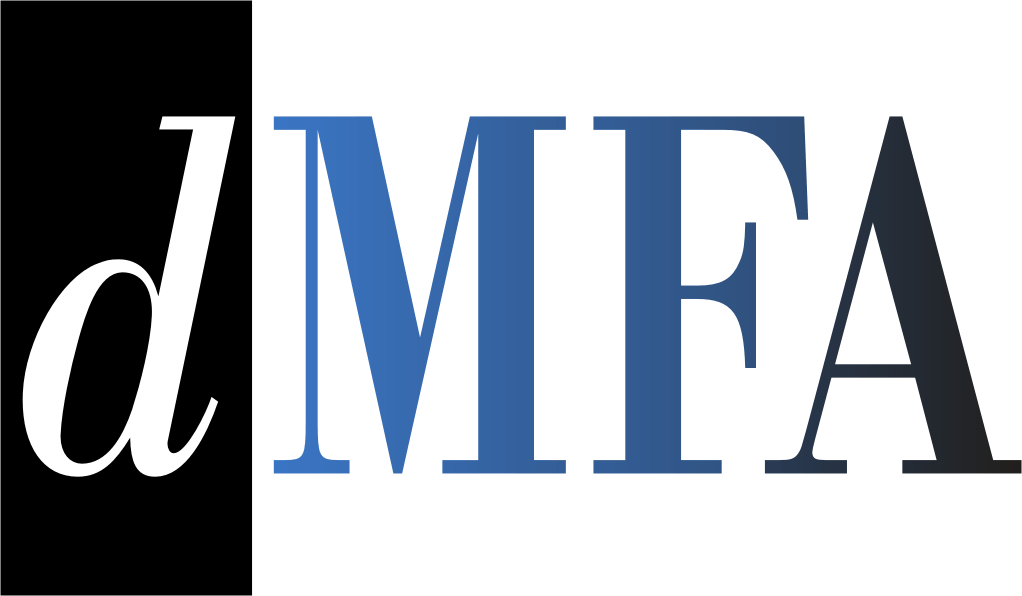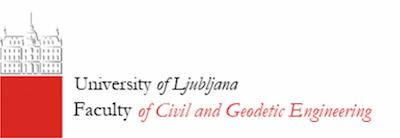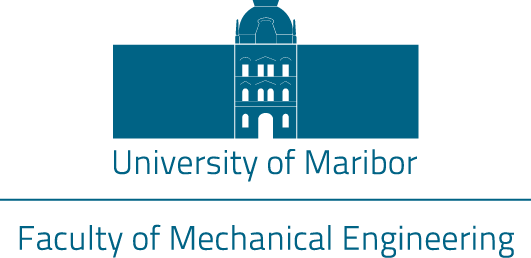Member Institutions

Educational Research Institute

InnoRenew CoE, Renewable Materials and Healthy Environments Research and Innovation Centre of Excellence

National Institute of Biology

National Institute of Chemistry

Peace Institute, Institute for Contemporary Social and Political Studies

Research Centre od the Slovenian Academy of Sciences and Arts (ZRC SAZU)

Society of Mathematicians, Physicists and Astronomers of Slovenia

University of Ljubljana

University of Ljubljana, Faculty of Arts

University of Ljubljana, Faculty of Civil and Geodetical Engineering

University of Ljubljana, Faculty of Education

University of Ljubljana, Faculty of Electrical Engineering

University of Ljubljana, Faculty of Social Work

University of Maribor

University of Maribor, Faculty of Mechanical Engineering

